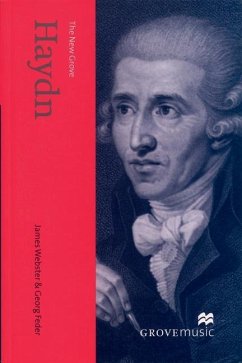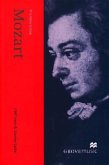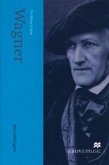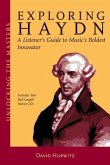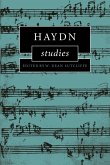The son of an 18th century Austrian wheelwright, Haydn is acknowledged for refining the symphony and string quartet and praised for his oratorios and masses. Deeply involved in the evolution of the Classical style, its subsequent growth can be seen in his own music. Indeed, he is considered to be one of the most significant composers of the Classical Period. Under his care the symphony and string quartet came to life, and the oratios and masses of his late years belong to the consummation of the classical spirit in music. This biography of Joseph Haydn is one in a new series of composer biographies, derived and adapted from the second edition of The New Grove Dictionary of Music and Musicians. These newly written biographies bring the best of the book-length pieces in The New Grove to a wider audience. >

